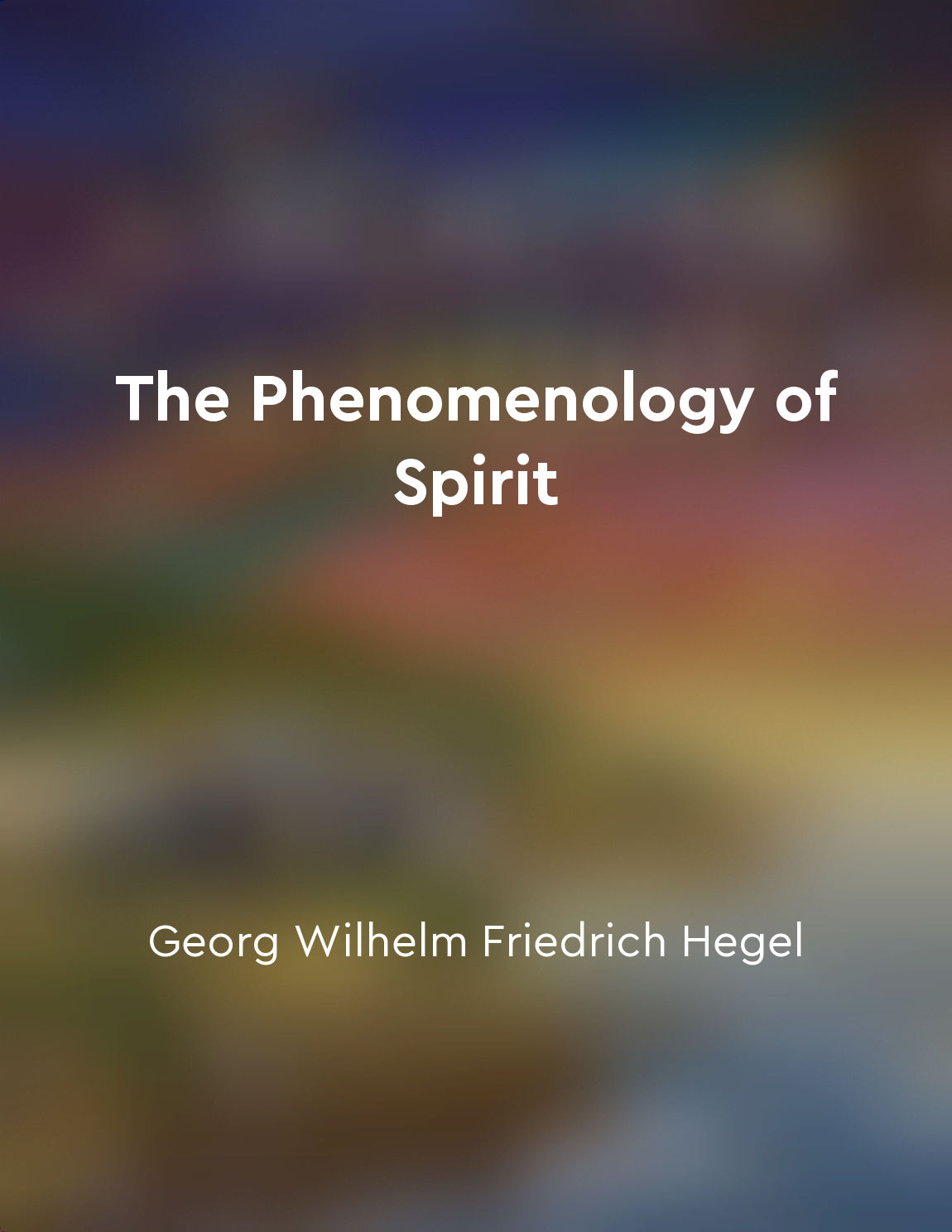The concept of noself challenges the notion of a permanent, independent entity from "summary" of Buddhism For Dummies by Jonathan Landaw,Stephan Bodian,Gudrun Bühnemann
The idea of noself in Buddhism is a radical concept that goes against the common belief in a permanent and independent self. According to this teaching, there is no unchanging essence or core that defines who we are. Instead, our sense of self is a constantly changing and interconnected process of thoughts, feelings, perceptions, and experiences. This concept challenges the notion that we are separate, fixed entities that exist independently from the world around us. In reality, our sense of self is a dynamic and ever-changing phenomenon that is influenced by a multitude of factors, including our environment, relationships, and past experiences. By recognizing the impermanent and interdependent nature of our selves, we can begin to let go of attachments and ego-driven desires that cause suffering. When we stop clinging to a fixed sense of self, we can open ourselves up to a deeper understanding of reality and cultivate a sense of interconnectedness with all beings.- The concept of noself encourages us to let go of the illusion of a separate self and instead embrace the fluid and interconnected nature of existence. By doing so, we can free ourselves from the limitations of ego and self-centered thinking, leading to greater compassion, wisdom, and freedom from suffering.
Similar Posts
Seek out new experiences and adventures to keep life exciting
To keep life exciting, it is essential to seek out new experiences and adventures. This concept is rooted in the Japanese philo...
Western psychology aligns with Buddhist teachings
Many aspects of the human mind that Buddhist meditation was designed to address are the same aspects of the human mind that evo...
Self as dynamic process
In the realm of neuroscience, the notion of the self as a dynamic process is a tantalizing one. It suggests that our sense of s...
Importance of devotion to God
Devotion to God is a fundamental concept in the teachings of the Bhagwat Gita. The Gita emphasizes the importance of cultivatin...
The practice of koan meditation involves contemplating paradoxical statements to deepen one's understanding of reality
Koan meditation is a distinctive form of Zen practice that can be traced back to the early Chinese Chan tradition. It involves ...

Unity of opposites
The concept of the unity of opposites is crucial in understanding the development of consciousness. It is through the process o...
The mind is capable of reshaping its reality
The mind can significantly influence the way we perceive reality. Our perceptions are not just passive reflections of the world...
Interconnectedness of all things
The idea that everything in the universe is interconnected is not a new one. It has been a central tenet of many ancient philos...
Let go of harmful thoughts and emotions
According to the teachings of Buddha, it is essential for individuals to release themselves from the grip of detrimental though...
Meditation can reduce stress and anxiety
The practice of meditation has been shown to have a profound impact on reducing stress and anxiety. When we sit quietly and foc...

